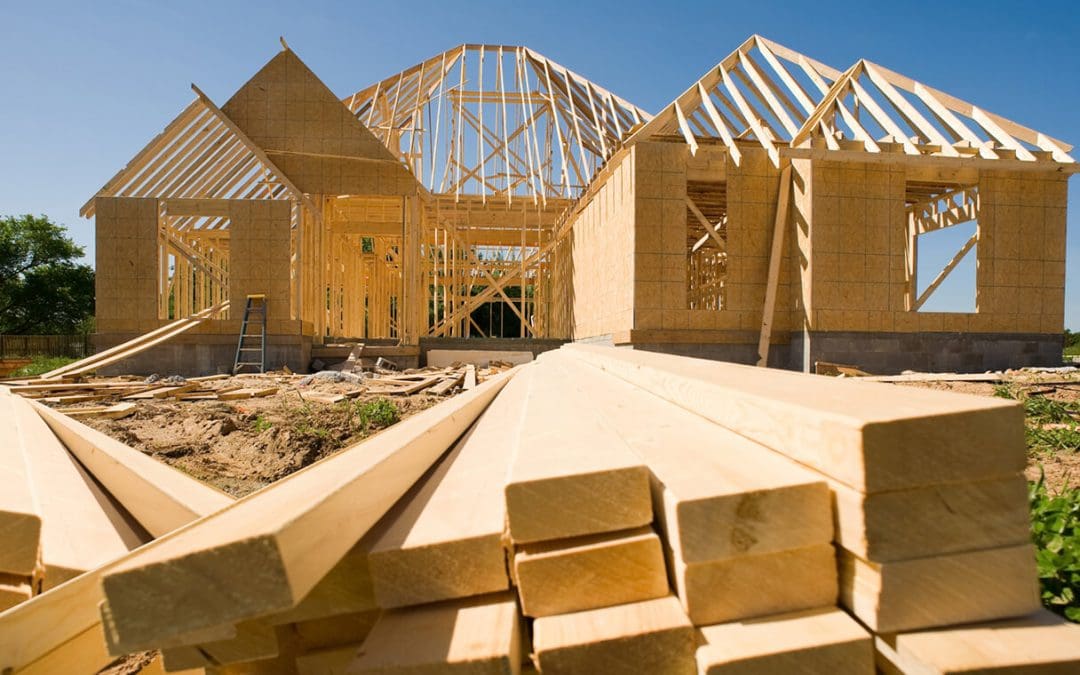1. Pre-Pour Home Inspection on New Construction
Before a slab or perimeter foundation is poured, the home inspector should check the grounds and workmanship. Some items the inspector will be looking for are the quality of work, the rebar, and the plumbing. Any plumbing sealed in the foundation will need to be roughly placed in preparation for the final hookup.
Once the concrete is set, any issues with the pipes that you discover after you have moved in might stem from the foundation work. With that in mind, it is much easier to spot and correct any deficiencies before the foundation is poured.
2. Pre-Drywall Inspection
When you have a home inspection on new construction, the inspector will check the property before the drywall is hung. The inspector will be looking at the electrical wiring and plumbing. The stud placements, staircases, and ceiling work will be noted. The heating and air condition ductwork should be firmly connected to vents and registers.
This is the last chance to view the interior workings of the home’s many systems. The inspector may find broken trusses, boards, or missing studs.
3. Inspection Before the Builder’s Final Walkthrough
After the home is built, a home inspection on new construction is like a traditional one. All areas of the home will be inspected from the ceiling fans to the exterior grading. The inspector will check the roof, appliances, and any final hookups. If there are any problems, the buyer can create a list from the home inspection report of issues for the builder to address before closing.
4. More than Building Codes
Any new home construction needs to be inspected for code compliance to receive a certificate of occupancy. This is done by a city or county official and should not be viewed as a substitute for a complete. A code inspection merely checks that the home meets building code requirements.
5. Why is a Home Inspection on New Construction Valuable
A private home inspector is an unbiased third-party. A home inspection on new construction provides a neutral assessment of the true condition of the home. If issues are found, you can present the inspection report to your builder to make repairs before you close on the home. This can save you thousands of dollars.
6. A Home Inspection on New Construction Brings Peace of Mind
You want to know that the home you will be moving into is ready for occupancy. Getting a home inspection on new construction during the various stages of the process makes it easier to address problems in advance. Afterward, you will have a safe and well-built home to move into.
Jamie Schaefer Professional Home Inspector provides new construction phase inspections to Metropolitan New York. Contact us if you are having a new home built.

